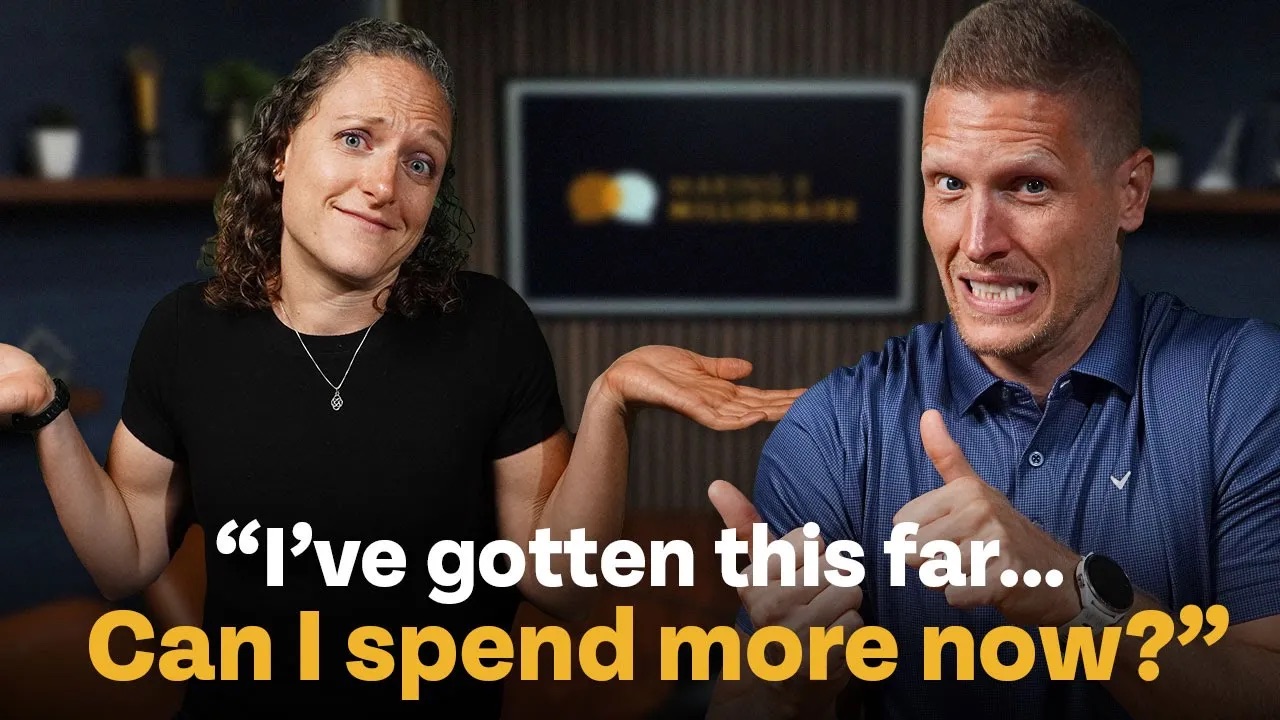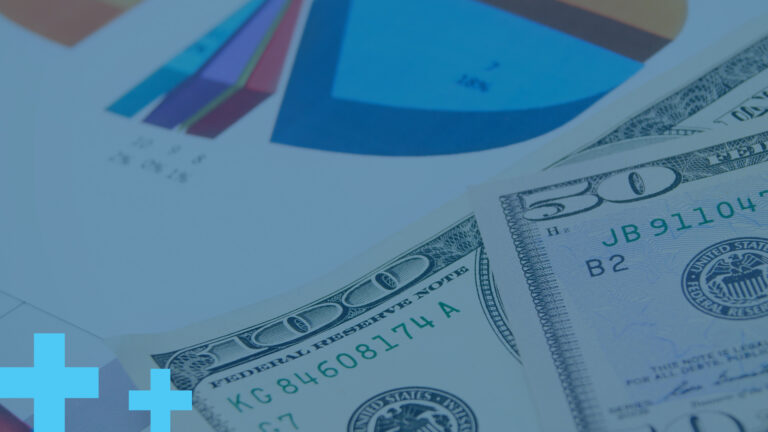Grant's question is up next. He says, "I'm considering opening up a small business," which is exciting. How do I decide how much of my savings to invest in building and growing a business versus mutual funds and accounts for retirement? What should he think about saving for retirement and allocating money towards a business? What do you think, Bo?
I think this is so interesting, right? Because you had to make this decision. You literally went through this process. You said, "Hey, you know what, life is not the way I want it to be. I want to change some things. So I'm going to go out and start my own business. I'm going to become an entrepreneur. I'm going to hang a shingle and I'm going to do it." But I imagine there were some trade-offs you had to make. Like, right, when you had the really good cush job in the city, doing the thing, you were probably saving at a fantastic clip. And then you make the judgment to go start your own business, and I know the money didn't show up day one. So how did you navigate? What do I invest in my business versus what do I save? What was your path in terms of how you handled that?
Well, fortunately, we have a system to help you figure this out. And I think it's always important. If you think about coming up with an efficient system, go to money.com/resources, check out the Financial Order of Operations. Because, Grant, where this fits in, this is step four of the Financial Order of Operations. Because remember, number one is highest deductibles covered. That's just keeping your life out of the ditches. Then we've got your free money from your employer. It's hard to beat a 50 to 100% guaranteed rate of return. That's why we prioritize this. Of course, you're probably not jumping into entrepreneurship, starting a business with a bunch of credit card debt. So I'm going to assume this is taken care of.
But when you get to step four, your emergency reserves, the baseline that you hear every financial guru out there, anybody who puts that tagline under their name is three to six months. But there are exceptions. Obviously, retirees can go out to like 18 months. But I also think aspiring entrepreneurs, people who are going to go in a different way, you do need to be thinking about, just like these guys talk about, you don't invest anything that you can't walk away from for five years. Anything less than that, you're probably going to need cash to cover. That's why if you have a wedding coming up or you have a house down payment coming up, or you have to buy a car in the next two years, a lot of times, that money is not going to be access to cash, meaning you're going to go pull out of investments. It's going to be actually in cash and liquid investments.
The same thing happens with building up for entrepreneurship. If you know that you have to do the quick case study in your 3D plan, remember when I talked to you about putting your 3D glasses on, when you do an entrepreneurship plan, you're going to do your dream plan. This is like, "I'm going to go out on my own, and I'm going to be stinking rich." This is the dream plan. Then you've got to do the down-to-earth plan. This is what you really think will happen. It's going to be a little slow. There are going to be some obstacles and other things. Then you have the do plan where you're like, "Oh my gosh, this thing was a disaster. I'm going to have to go work for the man some more, but I also have to recover from all the bad decisions and bad things that happened." So do the 3D plan. Put your 3D glasses on, because here's what I want you to understand about this.
If you figure out it's going to take you 24 months to 36 months to have enough business coming in through your projections, then you probably need to figure out how you get enough cash to do that. Because if you just quit your job, your day job, and you only had five months of cash, but you projected that it was going to take 24 months, then even if you're good enough to start this business and be successful, you didn't give yourself a true shot at success because you didn't have enough cash to get you there. So that's why you've got to do the plan, figure out how long it's going to take, and then once you figure out how long, figure out how you build up enough cash.
For my wife and me, we actually threw everything but the kitchen sink into step four of the
Financial Order of Operations, where we were basically living off of just her income for a good 12-month period. And then we saved every bit of everything else into cash so that I actually had enough cash to get us through three years. By the way, you don't do this unless you're also living a very Spartan, minimalistic life during this period of growth. This is not where you're still planning on going on international trips or buying brand new cars. You're going to try to pull your lifestyle down as small as possible so your consumption and your cash can be as efficient because you've got to get through that tough period of growing a business.
So, Grant, that's how I did it, and I used, by the way, looking back on it, I used every penny of that savings. I built up about $45,000 to $50,000 of cash, and we used every bit of that money to get us through that three years. But it turned out great, right? Things worked out just fine. I felt behind though. I mean, I didn't get to max out retirement accounts because, you know, I was pretty much stuck in step four of the Financial Order of Operations. I didn't get to load up the retirement accounts because you're right, when I was working the six-figure job, my wife was working, saving money was easy. I was like, "Man, we're high-fiving every month. We get to go out to eat, but we still get to save over $1,000 a month. This is a good living." Our goals changed. And that's why the Financial Order of Operations, you have to look at it through the lens of your goals change, your desires change, and you need to plan accordingly. It's great. For more information, check out our
free resources.














